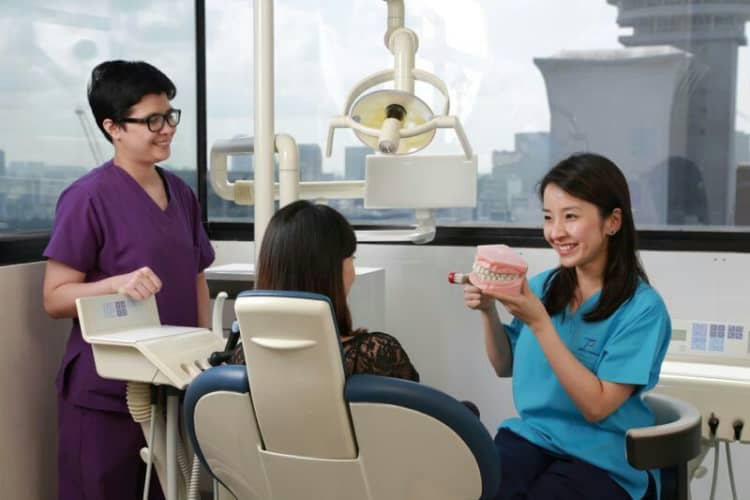According to the latest research on oral cancer, the risk factors are:
1) Tobacco use
Tobacco use (from cigarettes, cigars, pipe smoking, and chewing tobacco) is still the most important risk factor for oral cancer.
Ongoing research suggests that vaping or e-cigarettes can produce pre-cancerous changes within the cells that form the lining of the mouth, similar to that seen with tobacco exposure. Whether this means that vaping is a known risk factor for the development of oral cancer is still unknown.
2) Alcohol consumption
Heavy alcohol consumption magnifies the effect of tobacco use, increasing oral cancer risk by up to 15 times.
3) Persistent infection with human papillomavirus type 16 (HPV16) and type 18 (HPV18)
These common viral infections can be transmitted through sexual contact or through simple skin-to-skin contact. Most people will completely eliminate the virus without ever showing any symptoms of infection. These viruses can also lie dormant for many years (even decades).
Men tend to be more at risk for HPV16-triggered oral cancer.
HPV16 is thought to be the driving force behind the increase in oral cancers found at the back of the mouth (back of the tongue and around the tonsils).
The combined HPV vaccine (Gardasil or Cervarix) both protect against these 2 strains of HPV.
4) Radiation exposure
Radiation therapy (for cancer treatment) especially in the head and neck region may cause oral cancer.
Regular dental xrays for monitoring are safe but usage should be kept as low as reasonably achievable.
5) Ultraviolet (UV) radiation exposure
Oral cancers on the lip or the skin around the mouth are usually linked to cumulative exposure to UV radiation. Especially in the tropics where our UV index is very high.
6) Inflammatory lesions
Lichen planus (an autoimmune inflammatory skin/mucosal disease) has been associated with oral cancer but NO DEFINITIVE LINK has been proven yet.
There is currently NO LINK between titanium dental implants and the development of oral cancer.




